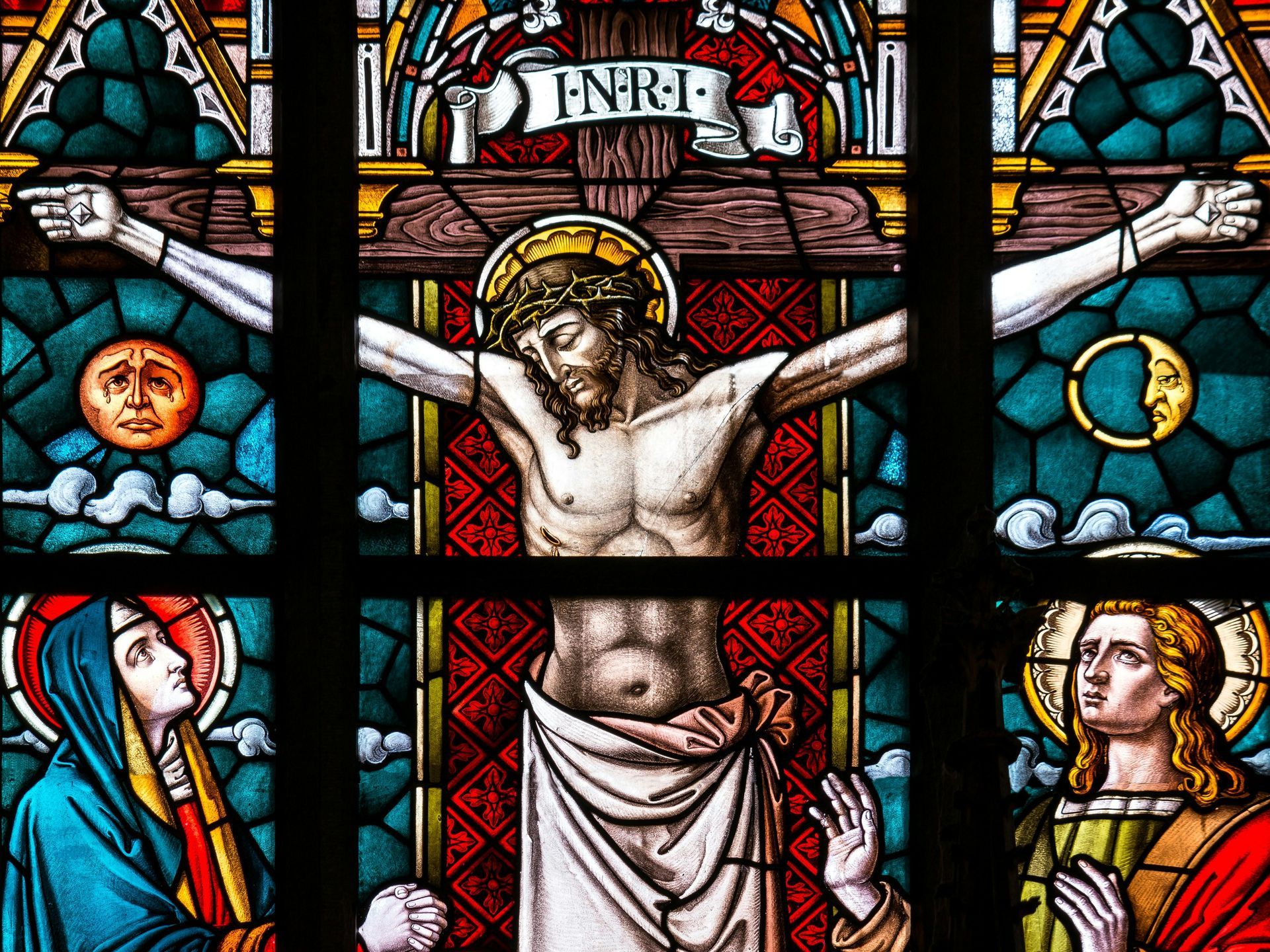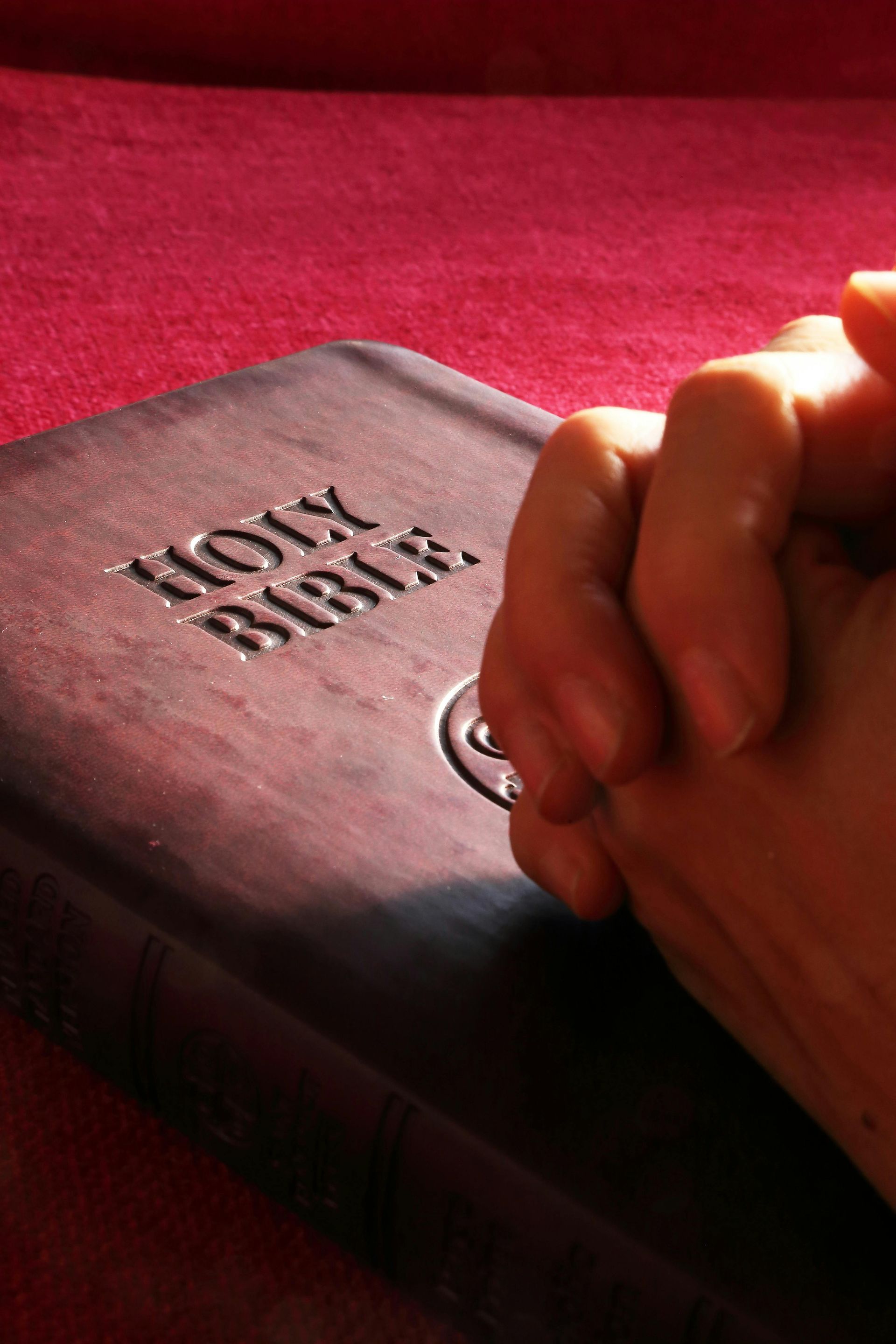4th Sunday of Advent
Love is nothing without.....

Advent moves towards its climax, and the figure of Mary, the mother of Jesus, comes into focus. St. Luke presents her not only as one who is highly favored by the Lord and blessed among women, but also a personal embodiment of the poor and humble who looked to God for salvation and waited in hope for the coming of the Redeemer. Also, St. Luke points out how Elizabeth is aware of the presence of God in Mary, the Mother of Jesus: her response offers the challenge of becoming aware of the presence of God in our own lives.
How do we recognize the presence of God in everyday events? Or in our hectic busy or noisy world today? Recognizing the presence of God demands that we stop and reflect. God comes to each of us; each of us can find God in our daily lives. Because nothing is impossible for God, there is no room for fear or doubt If we keep faith with the truth that God can accomplish all things, including what is beyond our power and our comprehension, then our lives will be changed. We will discover a deep, inner source of peace, a willingness to say “yes” to God so that we can play our part in the divine plan.
Elizabeth welcomes God’s presence. She responds. God’s presence in our lives demands a personal response. The beauty of nature, experiencing the kindness of a friend or the joy of a child can reveal the presence of God. Like Elizabeth we can we can respond to God. The presence of God can also urge us to deepen our relationship with God and others. Our own actions and words can bear the presence of God to others. The one we await will surely come soon, and in his coming, all creation, including ourselves, will be renewed. How is God present to me now? Can you picture God’s presence? God –with-us, all the time. A relationship with God is a supreme treasure. It makes your life fit together by any measure. So, accept nothing without proof . Love is nothing without action. Sorry is nothing without change.







